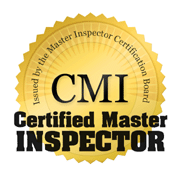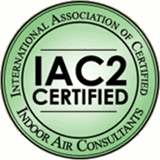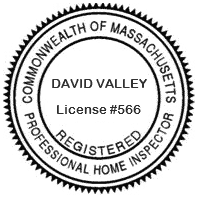Massachusetts Home Inspections YOUR INVESTMENT IS MY CONCERN

Carbon Monoxide
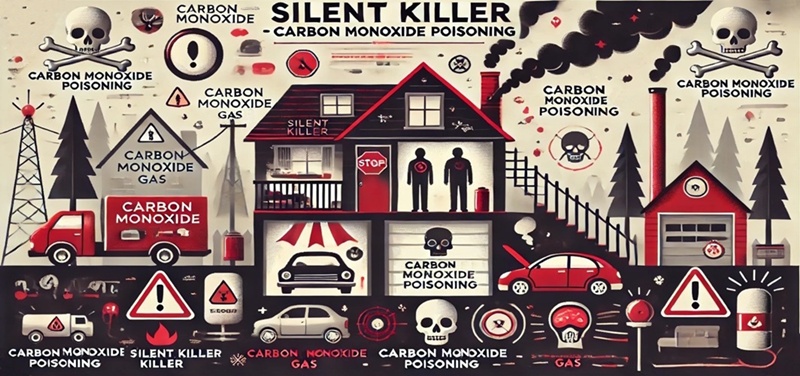
Carbon monoxide is a byproduct of incomplete combustion from natural gas, wood, or any carbon-based fuel. It is a clear, odorless, and tasteless gas that can be fatal within minutes if undetected. Prolonged exposure to low levels of carbon monoxide, which may not be detected by inexpensive detectors, can lead to long-term health issues. For optimal safety, install carbon monoxide detectors with a minimum sensitivity of 30 ppm and no time delay in areas where natural gas appliances or fireplaces are present. Massachusetts Home Inspections also recommends placing carbon monoxide detectors and smoke alarms on every habitable floor of multi-story structures and within 10 feet of all bedroom entrances.
If you're buying or selling a home, Massachusetts law mandates that all residential structures have approved carbon monoxide detectors and smoke detectors installed before the sale or transfer. The local fire department will inspect the property and issue a certificate of compliance. It is the seller's responsibility to obtain this certificate before the close of escrow.
Massachusetts Smoke and Carbon Monoxide Alarm Regulations
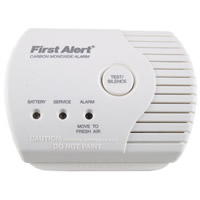
Here is what my clients have to say about my home inspection services:
Press F5 (on your keyboard) for additional testimonials
Dear David,
I just wanted to write a quick thank-you for the professional and informative job that you did at my home inspection on Monday. As a first time home buyer I was incredibly nervous going into the inspection not knowing what to expect - what should I be asking? What should I be looking for? it was all very overwhelming. However, after the first 15 minutes of the inspection, you quickly put all of my fears to rest!
The way that you took the time to point out and explain to me everything that you were looking for, as well as all of the helpful suggestions that you so freely gave out instantly, had put my mind at ease. I was able to feel that I was in good hands and knew that I had a “Professional” doing the job. This was solidified for me at the end of the inspection when you went over your extensive report with me, item by item ensuring that I fully understood what was there.
Your professionalism and expertise was so greatly appreciated. If ever anyone asks for a recommendation please feel free to give them my name, it would be my pleasure to help put another home buyer’s worried mind to ease by letting them know that with Massachusetts Home Inspections, they can count on a professional job well done.
With Kind Regards,
Karen S.



